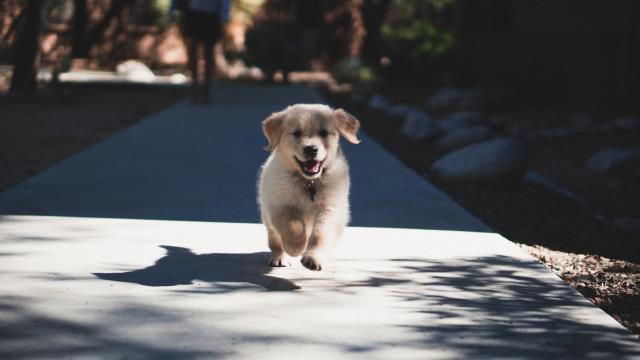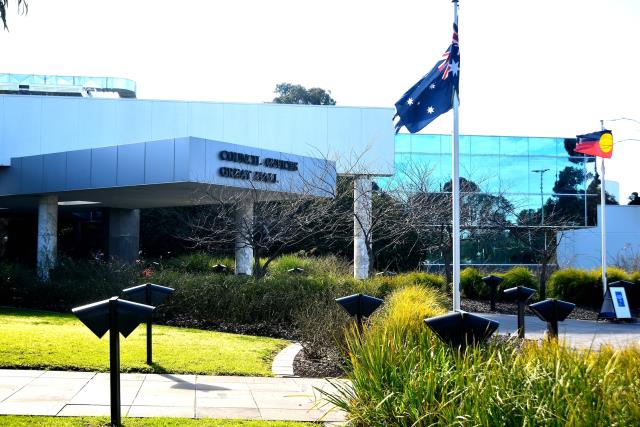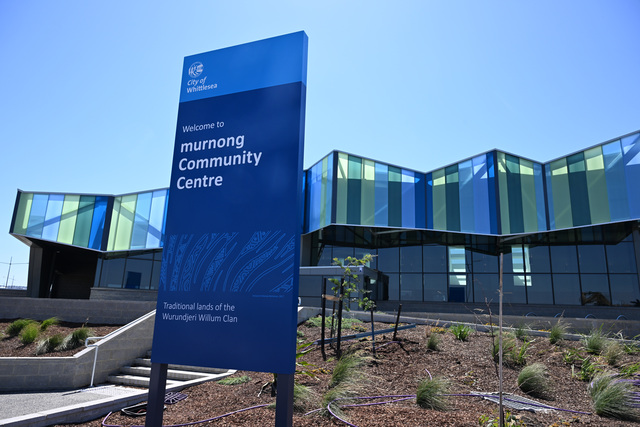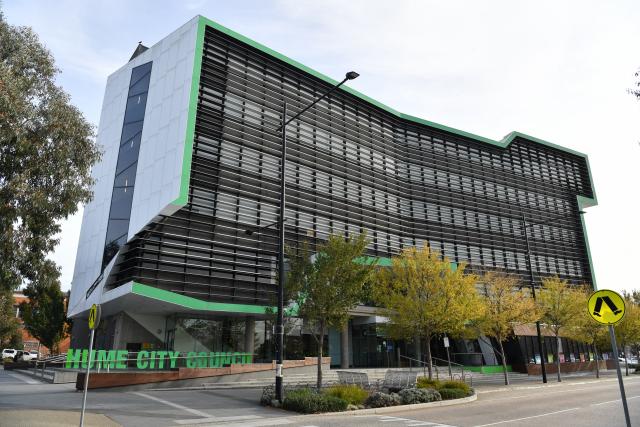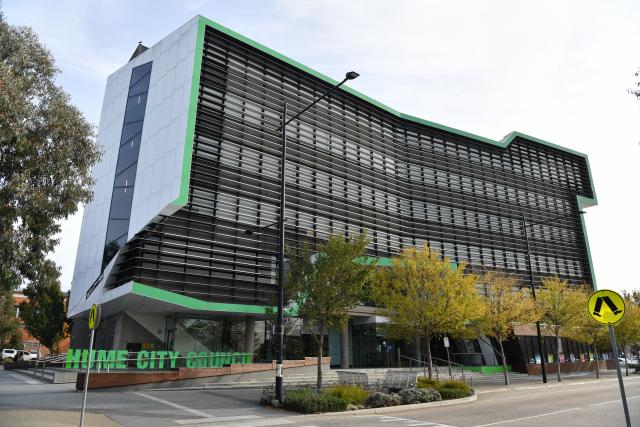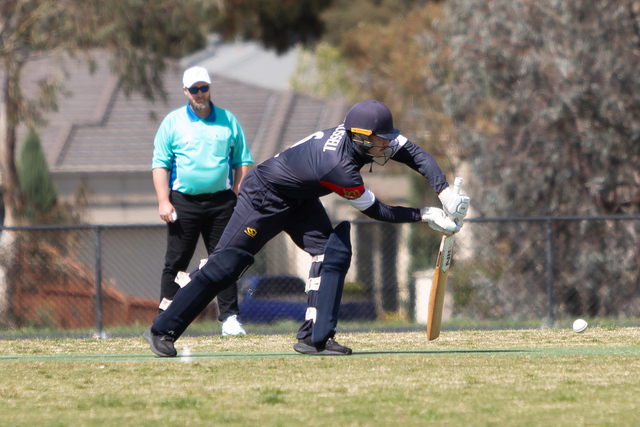There are many things Whittlesea and Hume residents can do if their furry family members gets lost this holiday season, according to RSPCA Victoria chief executive Dr Liz Walker.
According to Dr Walker, while a pet getting out of the house and into the wider world is stressful, keeping calm and following key steps was important.
Dr Walker said apart from going out to look for a lost pet, owners should call their local council, veterinary clinics and shelters, to let them know that the pet is missing.
“Often people will find animals and then take them to the vet clinic, because they can obviously care for them and keep them safe,” Dr Walker said.
“They also have microchip scanners… and vets and shelters can scan animals for microchips, and then they can, once they’ve called the registry and got their details, call the owner and get the animal home without having to call the council.”
Dr Walker said it was also worthwhile to print off flyers with a contact number and a photo of the animal, and to drop them in letter boxes in your neighbourhood.
Dr Walker said now, in the holiday season, was a good time for owners to check that the details for their furry friend’s tracker were up to date.
“If you’ve moved, or your phone number has changed, you’ve got to update your microchip [details via the microchip number],” Dr Walker said.
“If you don’t know what the number is, you can go to a vet and just ask them to scan it and they can tell you what it is and which registry it’s under.”
Dr Walker said the website petaddress.com.au can also be helpful when wanting to update details for a microchip.
For people travelling without their pet, Dr Walker said the microchip registries allow a temporary or emergency contact to be listed.

